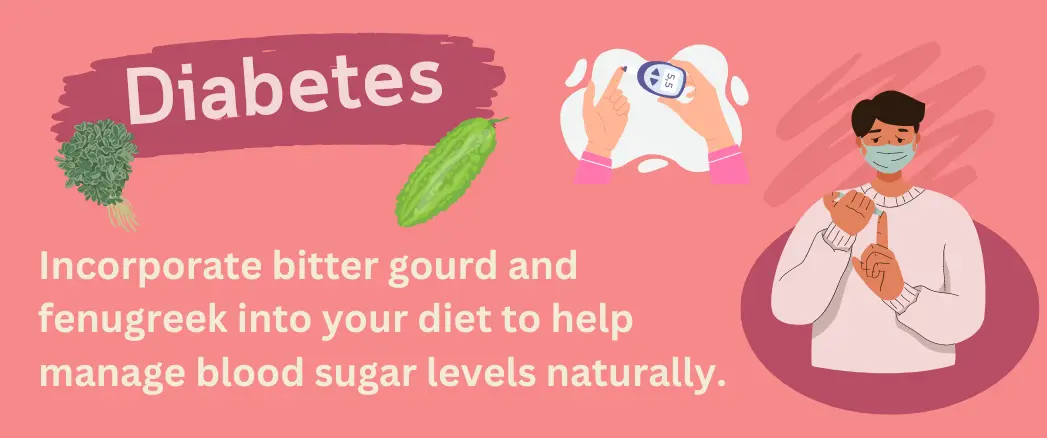For order and delivery updates
For order and delivery updates


Stress and breathing are interconnected. Have you ever observed how you breathe when you feel relaxed and how it changes when you are stressful? Stress is a natural reaction to our experiences, which happens physically and mentally. Stress can be beneficial to our health if it is short-term, but it’s harmful when it becomes chronic or happens for a longer period of time. Chronic stress can affect our health and manifests in symptoms like irritability, anxiety, depression, headache and insomnia.
The science behind stress and breathing
Our body responds to stress by releasing hormones that increase our heart and breathing rates. Stress hormones affect our respiratory and cardiovascular systems. During stress, we breathe faster in an effort to quickly distribute oxygen-rich blood to our body. If we already have a breathing problem like asthma or emphysema, stress can make it even harder to breathe. Under stress, our heart also pumps faster.
Abdominal breathing for 20 to 30 minutes every day can reduce anxiety and relieve stress. While we do deep breathing, it increases the supply of oxygen to our brain and stimulates the parasympathetic nervous system, which promotes a state of calmness. Breathing exercises, therefore, help us feel connected to our body. It keeps our awareness away from the worries in our head and calms our mind.
Ayurvedic approach to stress
According to Ayurveda, high levels of stress cause excess build-up of free radicals in the body that lead to disease and premature aging. We feel stress when the Vata dosha gets imbalanced. However, all three doshas can play a role. Usually, the Vata types are likely to develop Vata-aggravated stress reactions like anxiety, phobias or even anxiety neurosis. Pitta persons experience increase in Pitta during stressful moments and react to stress in the form of anger. Pitta types also suffer from hypertension, peptic ulcer, and other Pitta disorders. On the other hand, Kapha individuals react to stress by developing active thyroid function or slow metabolism, and even increased blood sugar.
Ayurveda offers many ways to combat day-to-day stress. Deep breathing is one of the best ways to control stress. When we breathe deeply, it sends a message to the brain to calm down and relax. The brain then sends this message to our body. The symptoms that arise due to stress like increased heart rate, fast breathing, and high blood pressure, etc, will all decrease as we breathe deeply to relax. In fact, the way we breathe affects our whole body.
Breathing exercises to relax
Most of us take short, shallow breaths into out chests. This makes us feel anxious and it zaps our energy. We should always take bigger breaths, all the way into your belly.
Breathing exercises are a good way to relieve stress. These exercises are easy to learn, and can be done anytime. Moreover, we do not need any special tools or equipment to do these exercises.
Breathing exercises should be done daily, and they don’t take too much time. You only need to take out time and pay attention to your breathing. Begin by just 5 minutes a day, and increase your time gradually as you become comfortable. Practice multiple times a day.
Belly breathing: This exercise is quite easy to do and relaxing, too. You can do it anytime you need to relax or relieve stress. Sit or lie on your back in a comfortable position. Keep one hand on your abdomen, just below your ribs and the other hand should be on your chest. Now take a deep breath in through your nose. You can feel with your hand that your belly is pushed up. Your chest should not move. Now breathe out through your lips as if you are whistling. Now your hand will feel that your belly is going in, and use it to push all the air out. Do this exercise 3 to 10 times a day or whenever you want to relieve stress. Each time observe how you feel at the end of the exercise.

Tools and strategies modern teams need to help their companies grow.

1️⃣ Clove & Salt – Slowly chew a clove with salt and swallow the juice to gradually reduce phlegm and…

1️⃣ Warm Salt Water Gargle – Helps relieve discomfort and soothes a sore throat. 2️⃣ Haritaki & Honey Paste –…

1️⃣ Poppy Seed Payasa/Kheer – Drink porridge made from poppy seeds an hour before bedtime for peaceful, undisturbed sleep. 2️⃣…




Upload your prescription here, and our team will review it and contact you shortly to process your order.
Submitted successfully.
Our team will get in touch with you soon to process your order.
Select Language
